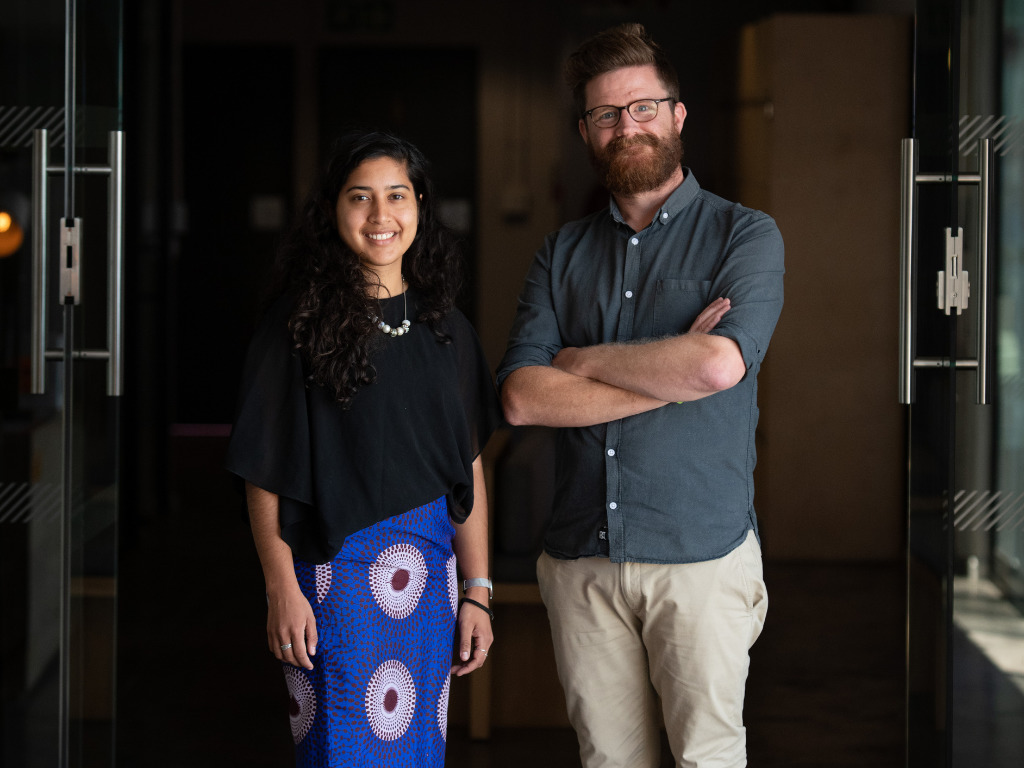3 Mins Read
Mzansi Meat has debuted Africa’s first-ever cultivated beef burger. It comes one month after the startup announced it would be showcasing the dish at a special event in Cape Town. Both of Mzani’s co-founders attended, alongside the company’s head of taste. The latter served the dish to Alderman James Vos, a mayoral committee member for Cape Town.
Burgers were prepared and served just like conventional meat. The debut marks the beginning of Mzansi looking to scale in earnest, ahead of commercialisation and retail launch. No proposed launch dates have been cited yet.

Love at first bite?
No feedback has been offered as to how the burgers were received at the Cape Town event. However, fresh from the unveiling, forecasted last month, Mzansi is looking to embark on a fresh growth strategy.
“Cellular agriculture wasn’t an industry in Africa until Mzansi was born. Our burger is only the beginning, we now know it’s possible and the next step is scaling up,” Brett Thompson, co-founder of Mzansi Meat explained in a statement. “It starts with one small beef burger and we aim to be producing tons of cultivated meat every month in the future.”
To meet the ambitious production targets, Mzansi is engaged in facility procurement. Initially, it will be looking to move into a space that allows for further T&D and pilot manufacturing, before eventually sizing up for commercial rollout.
“We’re working on plans to scale up and move into a pilot production facility as well as a rollout plan with retailers and restaurant partners,” Tasneem Karodia, co-founder of Mzansi Meat said in a statement. “Next up we’re developing sausages to go with the burger and our goal is to produce meat that can be used in traditional African cuisine. Everything we make will be braai-friendly and ready for the fire!”

Africa’s need for cultivated meat
Mzansi is open about its motivations. Citing Africa’s growing population, which is expected to see another one billion mouths to feed by 2050, the company notes that existing food systems are ineffective. It refers to the animal agriculture landscape as being archaic and in need of immediate innovation to improve and offer food security for all. Regarding cultivated meat, Mzansi sees it as a resource-light alternative to conventional meat, which could end the need for intensive farming.
“Mzansi is here to make the same meat we know and love, just made in a better way to keep up with demand,” the company states.
The cultivated hamburger development is the result of collaborative working with veterinarians and a local farm animal sanctuary. Cells were harvested from free-roaming cows, causing as little distress as possible. So far, no confirmation about the same arrangement being in place for sausages has been confirmed.

Africa on the cultivated map
Alongside Mzansi, Mogale Meat is looking to develop cultivated meat products in Africa. The South African food tech has debuted the continent’s first cultivated chicken, the result of 18 monthsR&D. Chicken was created to demonstrate the immediate benefits of the technology though Mogale intends to specialise in game meat. To this end, it has been compiling a database of cell samples. So far, it has collected in excess of 500, from free-roaming cattle and antelope.
Sea-Stematic rounds out Africa’scultivated interests, with its focus on ethical fish protein. A woman-founded company, it is looking to develop products that will negate the need for intensive fishing.
All photos by Mzansi Meat.





